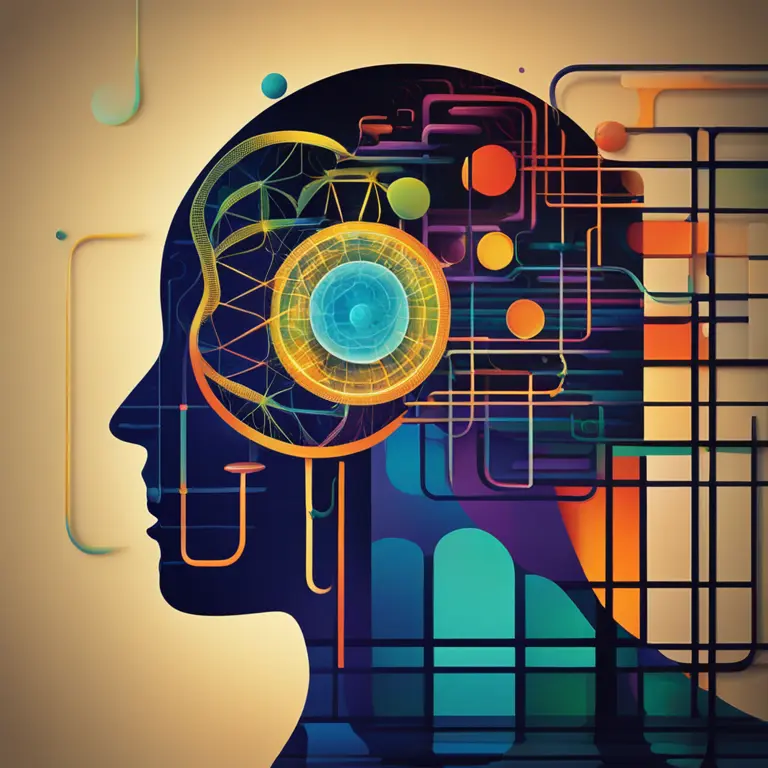
Can Meditation Manage Symptoms of Depression?
Explore the potential benefits of meditation as a complementary approach to managing depression, along with insights into how it can foster emotional balance.
article by Hina Kurosawa
Meditation's Role in Mental Health
Meditation has long been a practice rooted in various traditions for achieving inner peace and clarity. However, its role in mental health, particularly concerning depression, is gaining credence in the scientific community. Recent studies indicate that meditation can lead to changes in brain regions associated with depression, such as the amygdala and prefrontal cortex. With consistent practice, meditation is believed to enhance emotional regulation and reduce symptoms of anxiety and depression, offering a non-pharmacological tool to cope with emotional turmoil.

Understanding Depression's Complex Nature
Depression, characterized by persistent feelings of sadness and loss of interest, is complex and multifaceted. While medication and therapy are primary treatments, complementary approaches, such as meditation, are increasingly recommended. Meditation helps in cultivating mindfulness—a state of active, open attention to the present—which can disrupt patterns of negative thought that often exacerbate depressive states. The practice encourages a focus on the present moment rather than ruminating on past events or future worries, which can lead to improvements in mood and outlook.

The Science Behind Meditation's Effectiveness
Scientific studies as recent as 2024 have continued to shed light on how meditation impacts neuroplasticity— the brain's ability to adapt and reorganize itself. Research demonstrates that consistent meditative practices can result in increased gray matter in the brain, which is linked to improved emotion regulation and cognitive function. Furthermore, the stress-reducing effects of meditation may decrease the production of cortisol, a hormone that, when chronically elevated, is associated with depression.

Meditation Techniques for Depression
There are several meditation techniques that can be particularly beneficial for those dealing with depression. Mindfulness-Based Stress Reduction (MBSR) and Mindfulness-Based Cognitive Therapy (MBCT) are programs specifically designed to help individuals prone to depression. Mindful breathing and body scan meditations, components of these programs, can help in detaching from depressive thoughts and grounding oneself in the present experience.

Incorporating Meditation into Daily Life
Building meditation into one's daily routine can cultivate the habit of mindfulness. Starting with a few minutes a day and gradually increasing the duration can help establish a consistent practice. Utilizing guided meditations, apps, or attending group sessions can also provide support and motivation. The key is regularity and patience, as the benefits of meditation accrue over time with sustained practice.
Important Considerations and Advice
While meditation shows promise as a tool for managing depressive symptoms, it is important to approach it as a complement to, not a replacement for, traditional treatments like therapy and medication. Consultation with healthcare professionals is crucial when experiencing depression, to tailor an appropriate treatment plan. Additionally, individuals should be aware that while meditation can offer relief, it may initially bring up uncomfortable emotions that have been suppressed. Professional guidance can help navigate these experiences.
Published: 1/15/2024
Modified: 1/15/2024
More predictions
Come back here soon to learn more about yourself and your future


Calming the Storm: Mindfulness Meditation for Anger
Discover how mindfulness meditation can be a powerful tool for anger management, promoting inner peace and emotional balance.


Mindfulness & Meditation: A Guide for High Schoolers
Discover the benefits of mindfulness meditation tailored for the hectic life of high school students, and learn simple strategies to incorporate it into the daily routine.


Mindfulness Meditation: A Handbook for High Schoolers
Discover how mindfulness meditation can benefit high school students, enhancing focus, reducing stress, and promoting overall well-being.